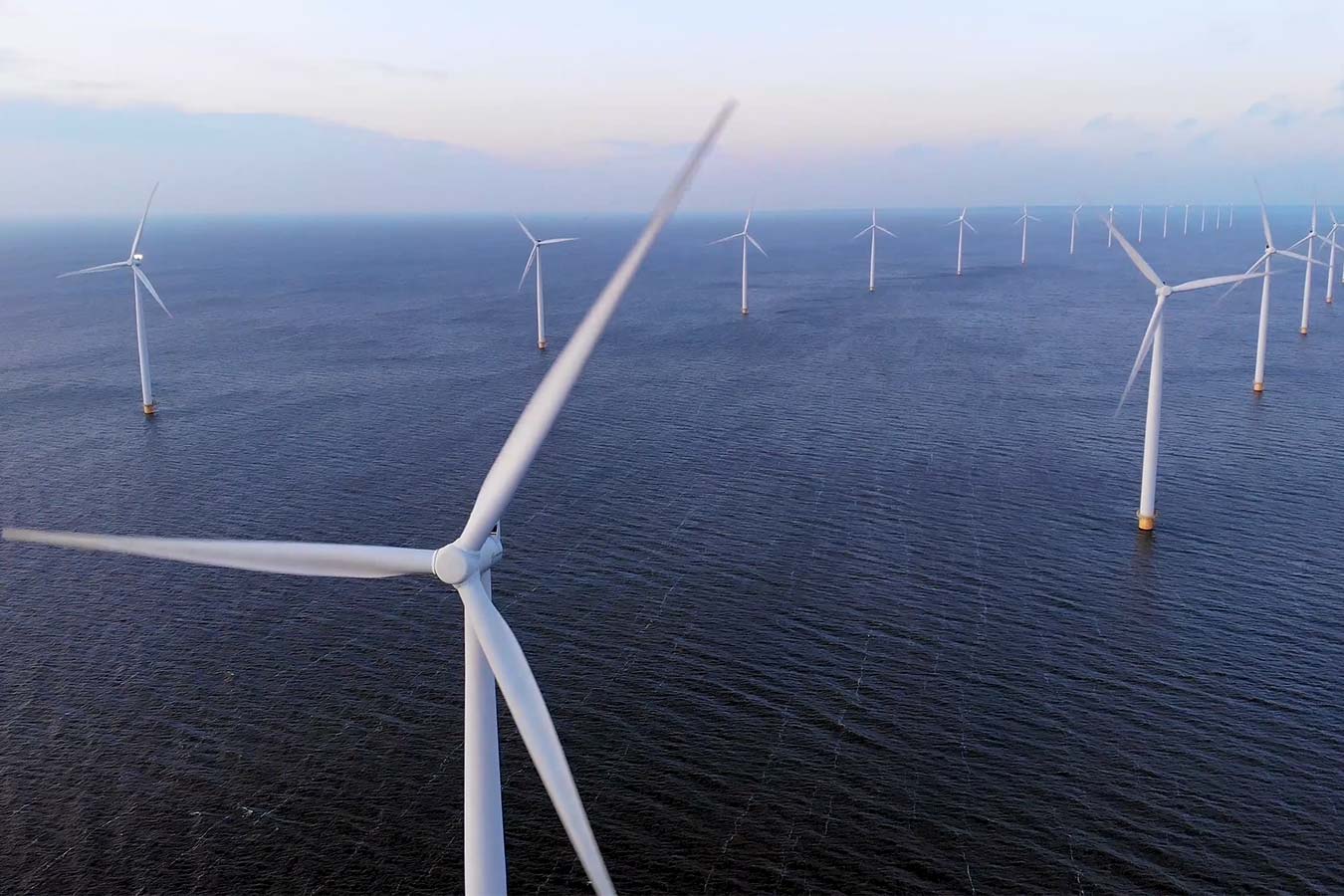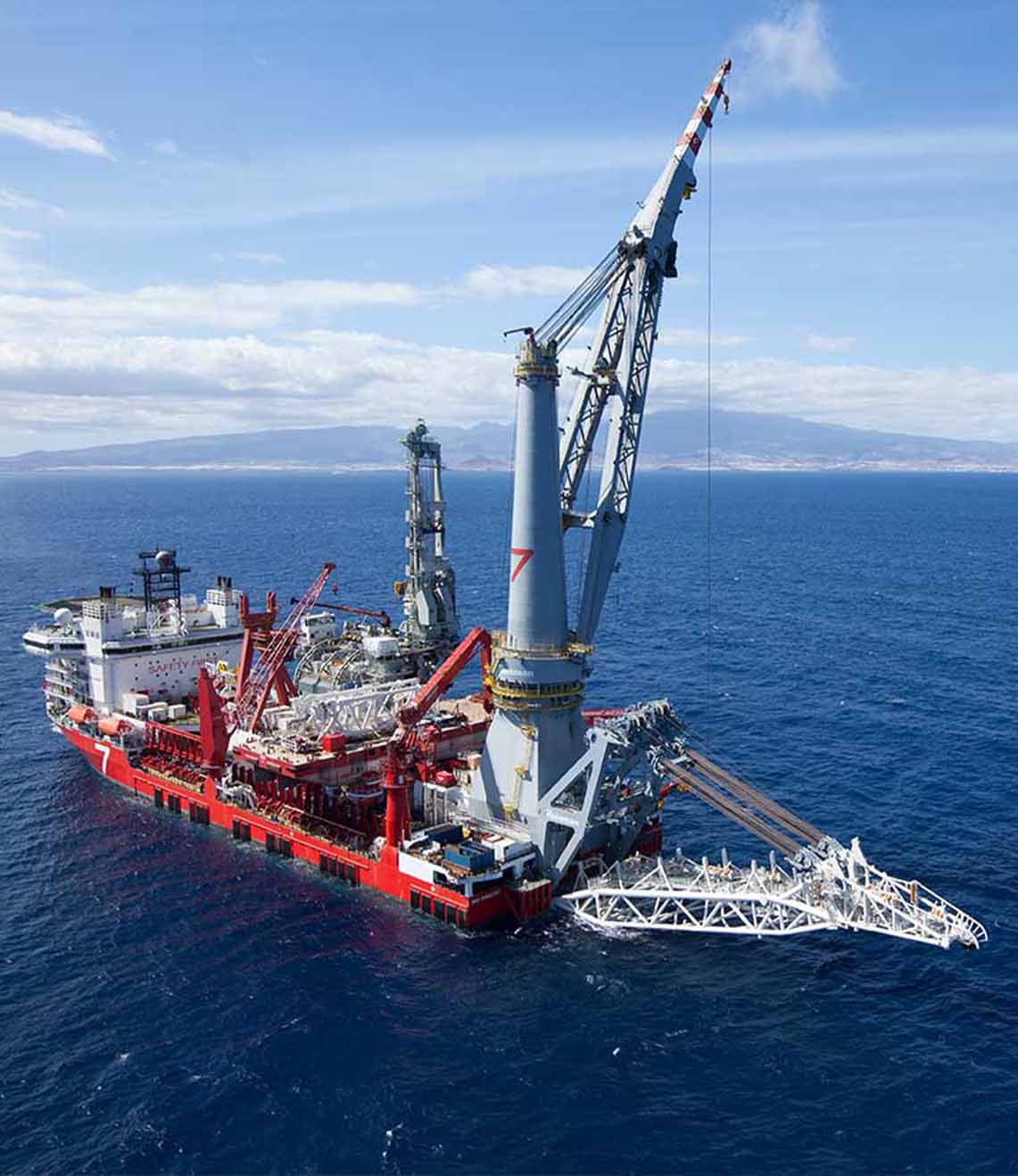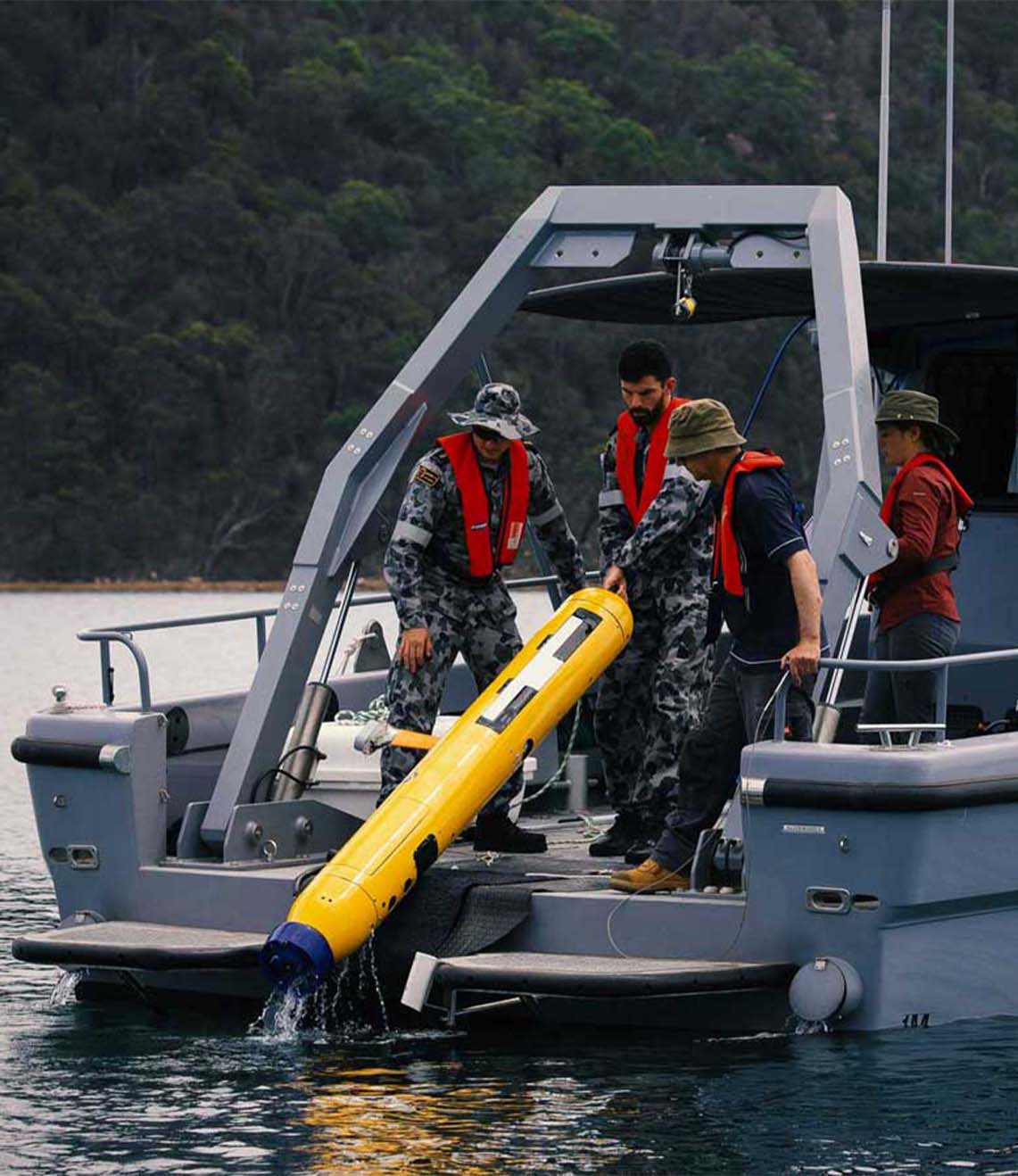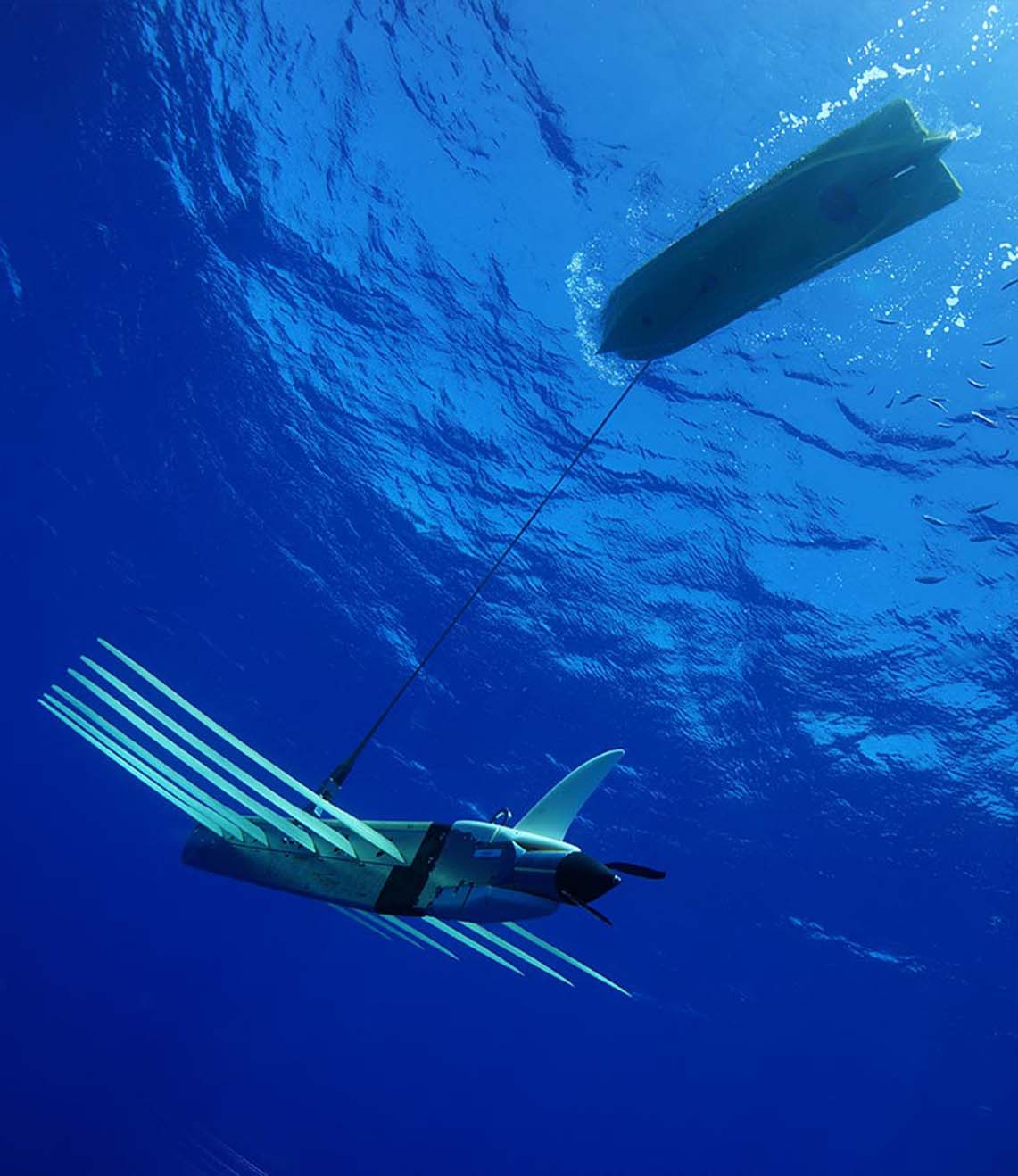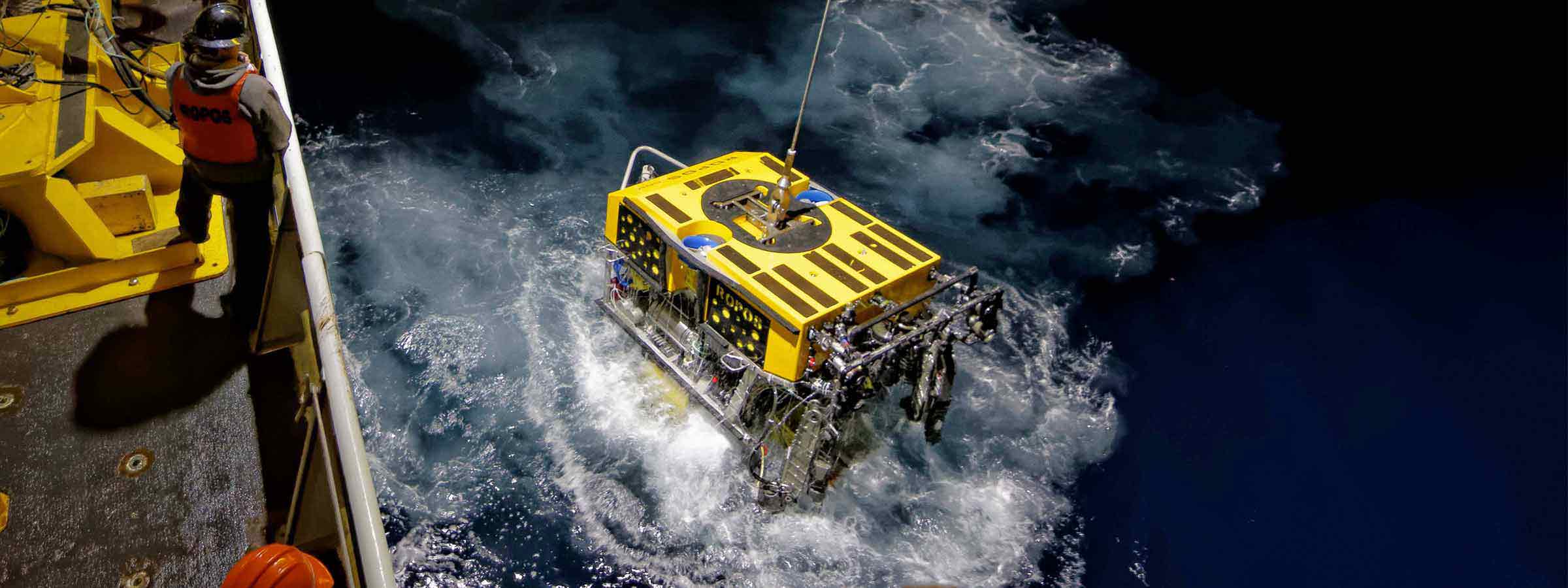
Our Doppler velocity logs (DVLs) underpin navigation for your surface and underwater platforms with high precision velocity measurements over a wide range of seabed types and altitudes.
Standard output telegrams make it simple to integrate them into third party navigation systems, whilst industry standard output telegrams support separate use by ROV and survey teams. Choose between a standalone 600 kHz Syrinx or SPRINT-Nav; our family of all-in-one DVL-inertial hybrid navigators.
Syrinx And SPRINT-Nav. Track Down Our DVL
Updating your vehicle’s DVL is easy; we’ve designed Syrinx to be a straight replacement for popular models
Fly higher, explore deeper. Our DVLs maintain bottom lock at high altitude and are depth rated up to 6,000 m
SPRINT-Navs integrate a Syrinx DVL, pressure sensor and inertial engine all-in-one; the ultimate vehicle navigator
Saves time. Saves cost. Saves payload space
Want to know more?
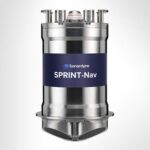
SPRINT-Nav
Integrates a full Syrinx 400 kHz or 600 kHz DVL, pressure sensor and SPRINT acoustically-aided INS. Supports complex survey and navigation missions using ROVs and AUVs.
| DVL frequency | 600 kHz or 400 kHz |
|---|---|
| Dimensions | 240 x 395 mm |
| Depth rating | 4,000/6,000 m |
| Maximum altitude | 175 m or 230 m |
| Telegrams | Industry standard |
| OEM option | No |
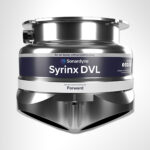
Syrinx DVL
A 400 or 600 kHz DVL that offers the altitude performance of a 1200 kHz DVL with the precision of a 300 kHz. Integrated ADCP. UK made for easy export.
| DVL frequency | 400 or 600 kHz |
|---|---|
| Depth rating | 4,000/6,000 m |
| Maximum Altitude | 230 m |
| Telegrams | All common |
| OEM Option | Yes |
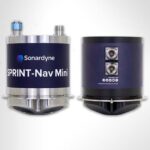
SPRINT-Nav Mini
Three ROV instruments in one; a 500 kHz Syrinx-derived DVL, hybrid AHRS and depth sensor. Pre-calibrated from the factory and quick to mobilise.
| DVL frequency | 500 KHz |
|---|---|
| Dimensions | 149 x 213 mm |
| Depth rating | 300/4,000 m |
| Maximum altitude | 200 m |
| Telegrams | Industry standard |
| OEM option | No |
